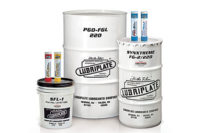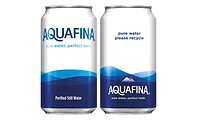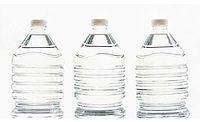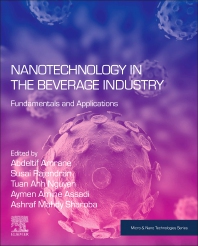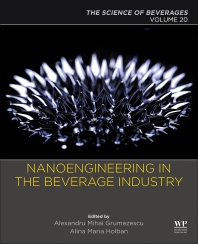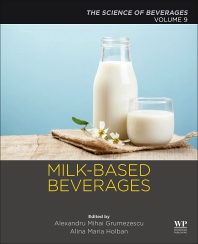PepsiCo reaches 2025 goal on water-use efficiency in high water-risk areas
Company working toward being net water positive by 2030

PepsiCo, Purchase, N.Y., announced that it reached its 2025 global goal of a 25% improvement in operational water-use efficiency in high water-risk areas, two years ahead of schedule, based on 2023 data versus a 2015 baseline. In addition, the company was recognized by CDP, the global environmental nonprofit, on the 2023 CDP A List for leadership in corporate transparency and performance on water security ― putting PepsiCo in the top 0.5% of all 21,000 companies CDP scored, it says.
As part of pep+ (PepsiCo Positive) ― the company’s strategic end-to-end transformation ― PepsiCo will continue working toward additional water stewardship ambitions, including aiming to be net water positive by 2030.
“Water is a fundamental human right and yet water insecurity remains a significant global challenge with billions of people lacking access to safe water,” said Jim Andrew, chief sustainability officer at PepsiCo, in a statement. “That’s why good water stewardship is so important and has long been a priority for PepsiCo and the communities we serve. Our vision is that wherever in the world we operate, water resources will be in a better state than before we arrived. And while we’re proud to have achieved this goal in high water-risk areas two years early, we will continue our unyielding focus on meeting our 2030 ambitions.”
PepsiCo saved billions of liters of water through several initiatives that contributed to reaching this goal. Crucial to these efforts were innovative technologies and shared best practices that were scaled globally through programs such as PepsiCo’s in-house Resource Conservation Program and teams. The following are examples of those initiatives:
- Scaling a new approach to how we wash corn when making food products such as Tostitos, Fritos and Doritos to more than 100 global manufacturing lines within a year, with potential to save more than 640 million liters of water annually.
- Implementing membrane bioreactor technology at 21 manufacturing sites globally, including 14 in high water-risk areas, to purify process water to drinking-level standards for reuse in operations, allowing a site to reduce its freshwater demand by an average of 70%.
- Taking the water that’s naturally found in potatoes and using it to help run food manufacturing facilities. Implemented at sites in India, Mexico, Poland and Thailand, this innovative technology developed by PepsiCo Research & Development teams captures and treats vapor that is released by potatoes when they are cooked for products such as Lay’s and converts it to drinkable water that is used to help run manufacturing facilities. This process can save a single site up to 60 million liters of water a year.
Looking for a reprint of this article?
From high-res PDFs to custom plaques, order your copy today!



